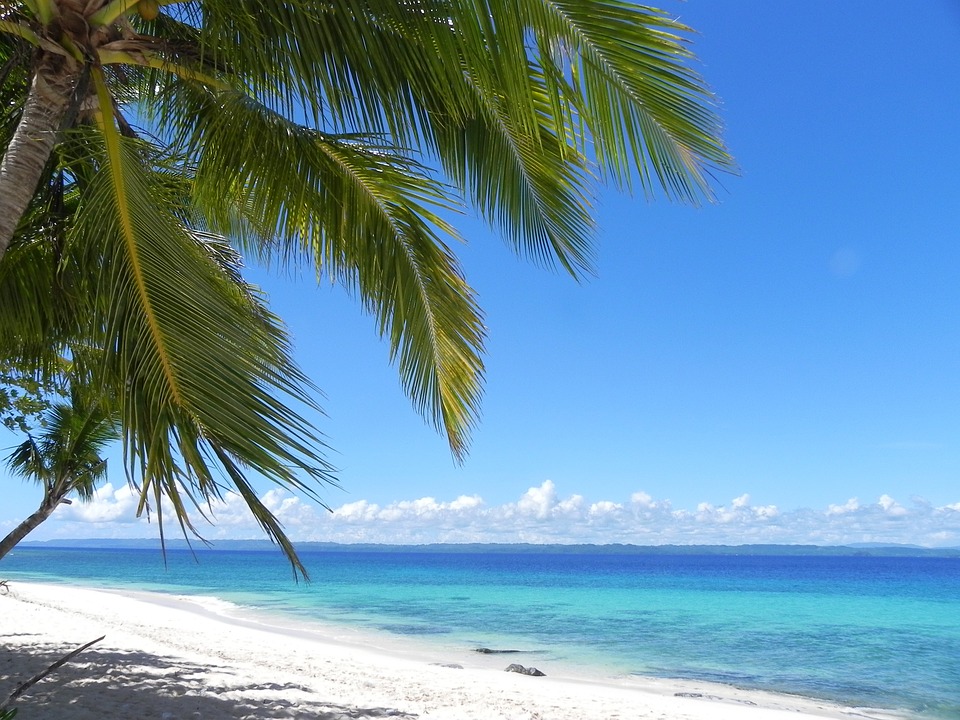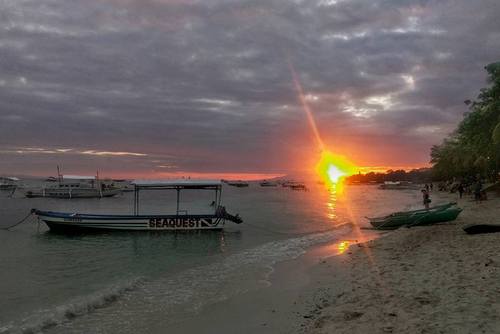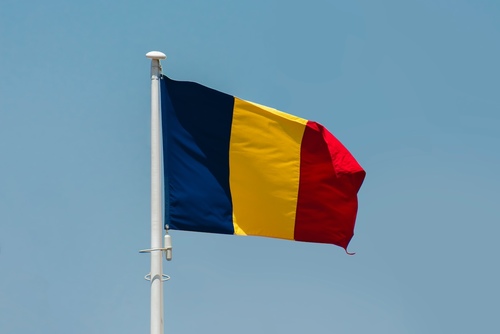Tagalog is spoken all over the Philippines and making an effort to learn at least some basic phrases will really make your experience easier and more enjoyable.
If you are planning to travel, work, intern or volunteer in Philippines you really should make some effort to speak to the local language.
Even if you are planning on joining a short term Philippnes tour it will be fun to be able to speak to your guide and also people when out and about.
Best Phrases to Know When Visiting the Philippines
Common Phrases
- Greetings
- Beautiful day - Magandang araw
- Good morning - Magandang umaga
- Good afternoon - Magandang hapon
- Goodbye - Paalam
- Good evening - Magandang gabi
Polite
- Take care - Ingat ka
- Thank you - Salamat
- Sorry - Paumanhin
Conservational
- How are you? - Kamusta?
- Yes - Oo
- No - Hindi
- I don’t know - Ewan ko
- Let’s go - Tara na
- Later - Mamaya
Shopping
- I don’t want - Ayaw ko
- I want this - Gusto ko ‘to
Everyday Greetings
Tagalog speakers in the Philippines have many ways of greeting other people. It is common also to hear them say "Hi" or "Hello" as a form of greeting, especially among close friends.
There are no Tagalog translations for these English greetings because they are basically borrowed terms, and any English-speaking person will be readily understood by Filipinos in general (Yes, Virginia and Joe, English is widely spoken in the Philippines, a former colony of the US of A for nearly 50 years!).
Below are a few Tagalog greetings that are importart to learn if one wants to endear himself/herself to Filipinos.
- Magandang umaga po. (formal/polite) - Good morning
- Magandang umaga. (informal) - Good morning
- Magandang tanghali po. (formal/polite) - Good noon
- Magandang tanghali. (informal) - Good noon
- Magandang hapon po. (formal/polite) - Good afternoon
- Magandang hapon. (informal) - Good afternoon
- Magandang gabi po. (formal/polite) - Good evening
- Magandang gabi. (informal) - Good evening
Conversational
- Kumusta po kayo? (formal/polite) - How are you?
- Kumusta ka? (informal) - How are you?
- Mabuti po naman. (formal/polite) - I'm fine
- Mabuti naman. (informal) - I'm fine
- Tuloy po kayo. (formal/polite) - Please, come in
- Tuloy. (informal) - Please, come in
- Salamat po. (formal/polite) - Thank you
- Salamat. (informal) - Thank you
- Maraming salamat po. (formal/polite) - Thank you very much
- Maraming salamat. (informal) - Thank you very much
- Wala pong anuman. (formal/polite) - You are welcome
- Walang anuman. (informal) - You are welcome
- Opo/ oho. (formal/polite) - Yes
- Oo (informal) - Yes
- Hindi po/ho (formal/polite) - No
- Hindi (informal) - No
- Hindi ko po/ho alam. (formal/polite) - I don't know
- Hindi ko alam. (informal) - I don't know
- Anong oras na po? (formal/polite) - What time is it?
- Anong oras na? (informal) - What time is it?
- Saan po kayo papunta? (formal/polite) - Where are you going?
- Saan ka papunta? (informal) - Where are you going?
- Saan po kayo galing? (formal/polite) - Where did you come from?
- Saan ka galing? (informal) - Where did you come from?
- Ano po ang pangalan nila? (formal/polite) - What is your name?
- Anong pangalan mo? (informal) - What is your name?
- Ako po si ________ (formal/polite) - I am ______ (name).
- Ako si _________ (informal) - I am ______ (name).
- Ilang taon na po kayo? (formal/polite) - How old are you?
- Ilang taon ka na? (informal) - How old are you?
- Ako po ay _______ gulang na. (formal/polite) - I am _______ years old.
- Ako ay _______ gulang na. (informal) - I am _______ years old.
- Saan po kayo nakatira? (formal/polite) - Where do you live?
- Saan ka nakatira? (informal) - Where do you live?
- Taga saan po sila? (formal/polite) - Where are you from?
- Taga saan ka? (informal) - Where are you from?
- Kumain na po ba sila? (formal/polite) - Have you eaten yet?
- Kumain ka na ba? (informal) - Have you eaten yet?
Directions & Sightseeing
Below is a list of Tagalog words and phrases used in giving or asking for directions.
- deretso - straight ahead
- (sa) kanan - on the right
- (sa) kaliwa - on the left
- umikot - turn around
- (sa) harap - in front
- (sa) likod/likuran - at the back/behind
- hilaga - north
- silangan - east
- kanluran - west
- timog - south
- (sa) itaas - on top
- (sa) ibaba - below/at the bottom
- (sa) ilalim - at the bottom
- (sa) loob - inside
- (sa) labas - outside
There are a number of Tagalog words and phrases which are rather vague in terms of specific distance but signify "nearness" or "farness" of a particular object, thing, or place from the speaker. These are:
- doon - yonder (over there)
- diyan lang po sa tabi - there, on that side
- sa banda po doon - over on that side
Questions
Below is a list of Tagalog question words with their corresponding meanings and examples in English.
- Ano? - What?
- Alin? - Which?
- Sino? - Who?
- Saan? - Where?
- Bakit? - Why?
- Kailan? - When?
- Paano?/Papaano? - How?
- Magkano? - How much? (money)
- Nasaan? - Where? (to look for something/somebody)






